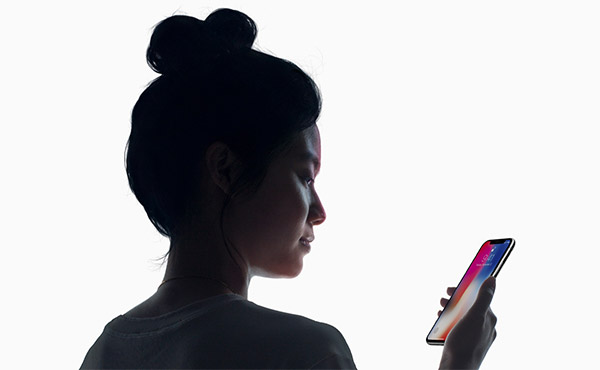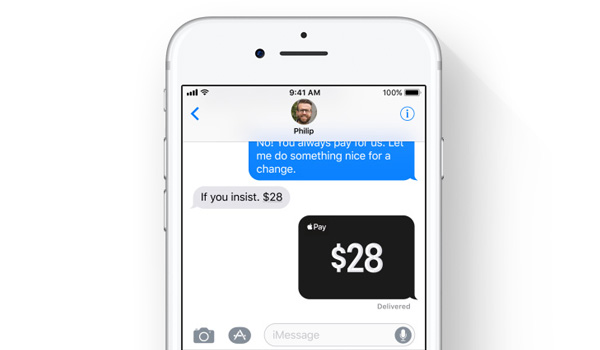Apple has today made available a new and updated iOS Security Guide, dated January 2018, in which a whole 78 pages are devoted to outline the security features in use across the iPhone and iPad.
This revised edition includes new details on Apple Pay Cash and Face ID among other features that were introduced via recent hardware and software releases from the company.

Apple tends to revise the Security Guide when it launches either a new piece of hardware or an updated version of software that brings with it changes to the way security is handled. The launch of the iPhone X, with Face ID introduced as part of that release, is a prime example of that as is the addition of Apple Pay Cash. Today’s update is the first since the iPhone X and iOS 11 were released, meaning this is the first time either new feature has been included.
As you might imagine, Face ID features prominently, with Apple outlining much of what we already knew, including the fact that Face ID, much like Touch ID, is not intended to act as a replacement for a strong passcode but rather to act as a way to augment the use of longer, more secure passcodes across devices.
“This makes using a longer, more complex passcode far more practical because you don’t need to enter it as frequently. Touch ID and Face ID don’t replace your passcode, but provide easy access to your device within thoughtful boundaries and time constraints.
This is important because a strong passcode forms the foundation of your iOS device’s cryptographic protection.”
Specific to Face ID, Apple also went into detail about whether it is possible a random person will be able to unlock a Face ID-enabled device using their own face – something that is possible, if highly unlikely.
“The probability that a random person in the population could look at your iPhone X and unlock it using Face ID is approximately 1 in 1,000,000 (versus 1 in 50,000 for Touch ID). For additional protection, both Touch ID and Face ID allow only five unsuccessful match attempts before a passcode is required to obtain access to your device.
With Face ID, the probability of a false match is different for twins and siblings that look like you as well as among children under the age of 13, because their distinct facial features may not have fully developed.”

With regard to Apple Pay Cash, Apple also outlined the fact that Apple Payments Inc. will store and use transaction data for security purposes, such as to detect fraud. It’s worth checking out the full iOS Security Guide when you have some down time, although at 78 pages long, we doubt too many people will be reading every word any time soon.
(source: Apple)
You may also like to check out:
- iOS 11.2.5 Beta 5 IPSW / OTA Download Released, Here Are The Details
- Downgrade iOS 11.2.2 To iOS 11.2.1 Or 11.1.2: Here’s What You Need To Know
- iOS 11.2.2 Release Notes, Changelog And Security Content: Here’s What Has Changed
- Download iOS 11.2.2 IPSW Links And OTA For iPhone, iPad, iPod touch
- Jailbreak iOS 11.2.2 / 11.2.1 / 11.2.5 On iPhone And iPad [Status Update]
- Jailbreak iOS 11 / 11.1.2 On iPhone X, 8, 7, iPad Using LiberiOS [Updated]
You can follow us on Twitter, add us to your circle on Google+ or like our Facebook page to keep yourself updated on all the latest from Microsoft, Google, Apple and the Web.

